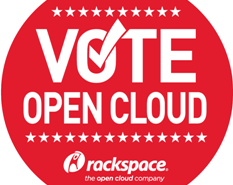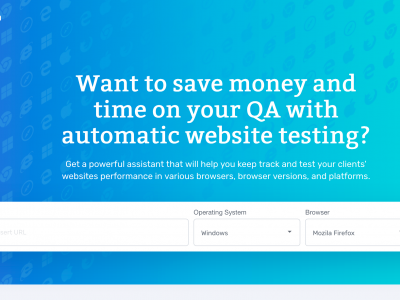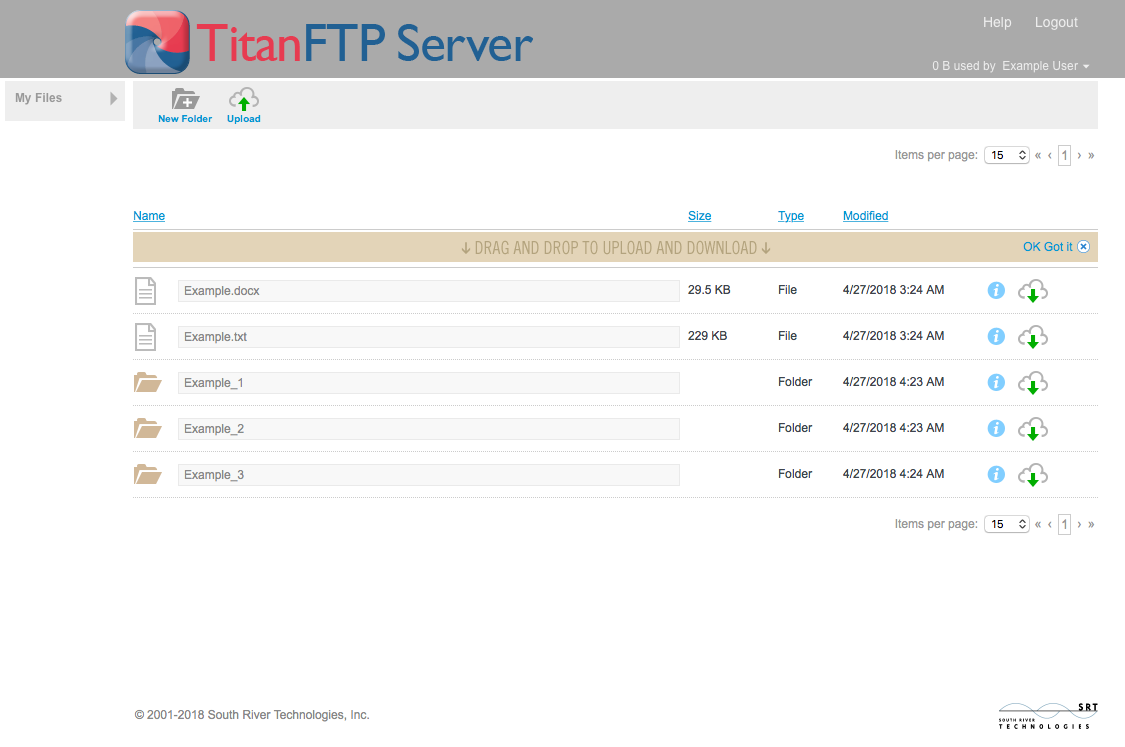When it comes to the open cloud, many businesses and organizations are stuck in limbo. They read blogs about security and get scared away, or stumble upon content that confuses rather than enlightens. The reality is nearly every aspect of cloud computing is becoming affected and fueled by open source technology. This is largely because people don’t necessarily like the idea of being locked into a particular vendor. The open cloud means freedom and flexibility. With open source, you can build out infrastructure in a way that specifically meets your needs.
Open Cloud Pros
- Ease of Implementation – The actual configuration of a cloud storage platform is easy. There’s usually no hardware to buy. Licensing fees are either low or non-existent. Instead of spending hours configuring complex hardware to ensure your cloud stays privately managed, you can set up most open cloud computing configurations in a matter of minutes.
- Flexibility – Since open cloud computing relies on open source technology, it gives you full control over your cloud service. You’re not limited to a specific vendor or system. Instead, your team can simply develop cloud apps as they see fit and deploy them in a way that

image credit: http://www.rackspace.com/blog/will-you-be-an-open-cloud-company/
best fits your infrastructural needs.
- Cost – This is probably among the most attractive parts of the open cloud. The majority of open source cloud services cost little. With private clouds, you often need to consult with experts in that specific platform. Since the learning curve is fairly shallow with open source, your team can focus on what’s important: building powerful apps that make your business run smoothly.
Open Cloud Cons
- Security – This is perhaps the most common beef with open cloud systems. The idea is that open source leaves sensitive company data open to all sorts of breaches. The good news is that many analysts are declaring that open source cloud solutions can actually go a long way toward improving security throughout the cloud. Really, open source cloud solutions give businesses greater control over their data, which in turn gives them the ability to create dynamic security policies for their apps. What’s good for open source is good for the cloud.
- Standardization – The cloud is in desperate need of standards. Some critics believe that the open cloud isn’t doing much to promote standardization. This couldn’t be further from the truth. Companies like OpenStack, CloudStack and Eucalyptus are taking steps toward uniformity. It could easily be argued that the more open the cloud becomes, the better-standardized processes will become.
The War Continues
When IT nerds go to war, it tends to drag on for a while. The same is true for the open versus private cloud argument. Just as Justin Linthicum put it in his recent article on TechTarget, the open and private clouds have become religions. The devoted will choose congregations and declare their alliances. At the end of the day, it’s not about what “sect” you will align yourself with. It’s really about how you can best serve your business and your customers through efficient cloud computing practices.











Comments